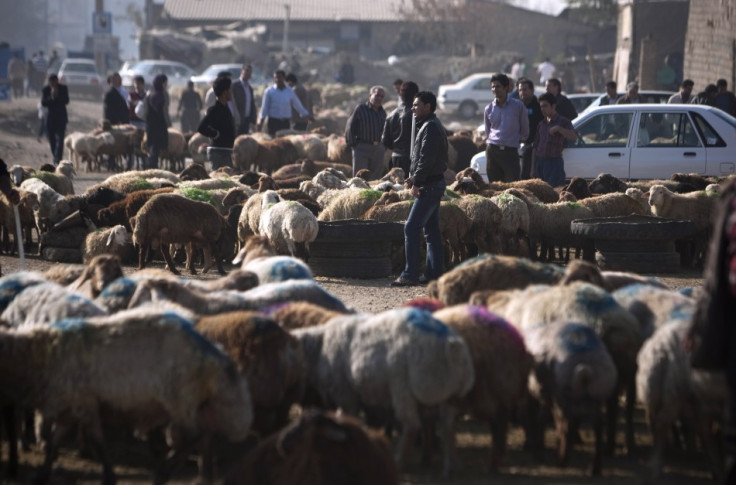Exposure to Goats Linked to Rare Lung Cancer

A new piece of research suggests that people who work with goats are at greater risk of contracting a rare form of lung cancer.
The study linked exposure to goats with a distinct subset of lung cancer, known as pneumonic-type lung adenocarcinoma (P-ADC). The team of researchers was led by Nicolas Girard from the Louis Pradel Hospital, Hospices Civils de Lyon in France.
"Scientists have noticed similarities between P-ADC and a contagious viral infection in sheep before," Girard explained.
The team then investigated the possibility of a viral agent found in sheep and goats being easily transferred to people who work with the animals and thereby increasing the risk of contracting P-ADC, according to a Louis Pradel statement.
The study involved 44 patients with P-ADC and 132 without the disease. All participants were then given a questionnaire to assess the number of risk factors, including their smoking habits, personal history of cancer and exposure to goats.
The results seemed to suggest that people who have worked with goats during their lifetime were five times more likely to contract P-ADC, when compared to other types of lung cancer. In addition, the study also suggests that P-ADC was significantly more common amongst people who had never smoked or had any personal history of cancer.
© Copyright IBTimes 2024. All rights reserved.





